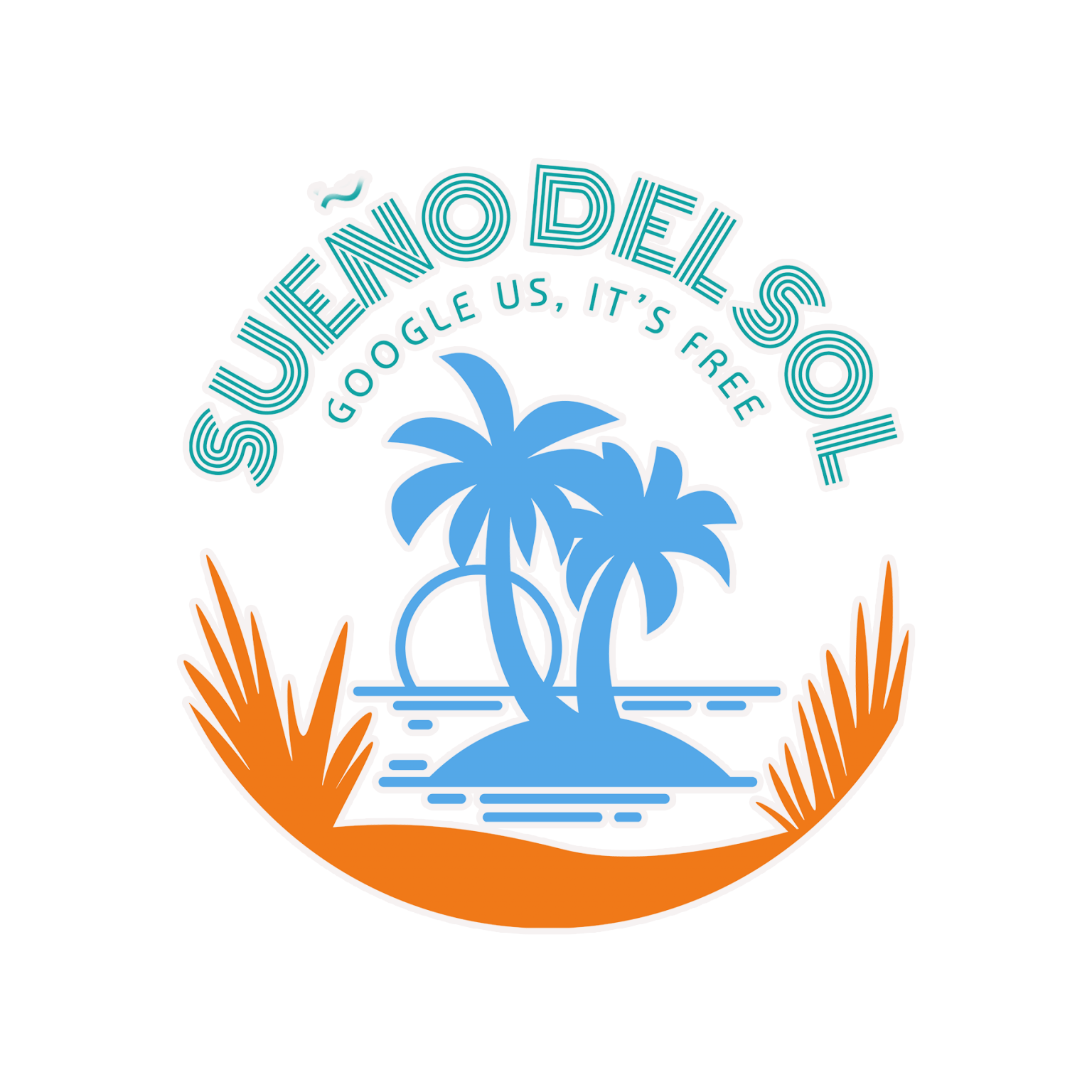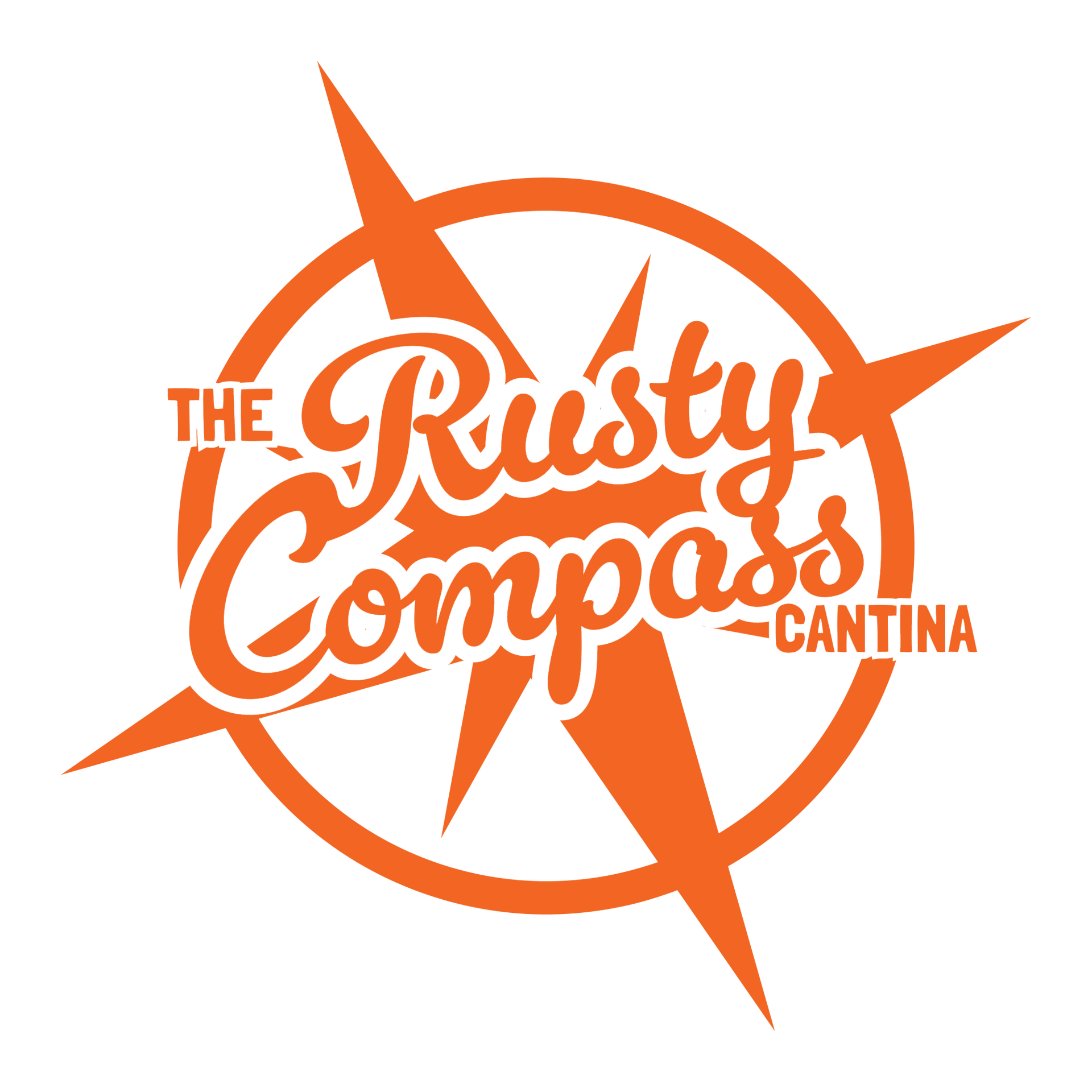Welcome to Mexico! Whether you're here for the sun, the sand, or the rich culture, knowing a few key phrases can make your experience even more enjoyable. We've put together this handy language guide to help you navigate everyday situations with confidence—from greeting locals and ordering at a restaurant to asking for directions or dealing with emergencies. Whether you're a seasoned traveler or it’s your first time visiting, these phrases will help you connect, explore, and make the most of your stay.
¡Bienvenidos! (Welcome!)
Greetings
Learn how to greet people in Spanish with common phrases for morning, afternoon, evening, and saying goodbye. Perfect for making a great first impression!
Good morning/Good day: Buenos días
Good afternoon: Buenas tardes
Good evening/Good night: Buenas noches
Happy to meet you: Mucho gusto
My name is: Mi nombre es
How are you?: ¿Cómo está usted?
Very well, thank you: Muy bien, gracias
See you later: Hasta luego
Language Problems
Do you speak English?: ¿Habla usted inglés?
I’m American: Soy Americano/Americana
I’m Canadian: Soy Canadiense
I don’t speak Spanish: No hablo español
Don’t know how to ask if someone speaks English or how to explain that you don't speak Spanish? This section covers essential phrases to help you navigate language barriers.
Do you understand me?: ¿Me entiende?
I don’t understand: No entiendo
Please speak slowly: Hable despacio por favor
What does it mean?: ¿Qué significa eso?
Polite Phrases
Good manners go a long way! Use these polite expressions to apologize, thank someone, or ask for help gracefully in Spanish.
Sorry/Excuse me: Disculpe/Perdóneme
That’s all right: Está bien
Don’t worry: No se preocupe
I beg your pardon: Discúlpeme
I’m sorry to trouble you: Perdóname la molestia
Questions
Get answers to your most important questions with these practical phrases. Whether you’re asking for directions, prices, or assistance, this section has you covered.
How much does this cost?: ¿Cuánto cuesta?
How far?: ¿Qué tan lejos?
What do you want?: ¿Qué quiere?
I want/would like: Quiero
What is the matter?: ¿Qué pasa?
Can you help me?: ¿Puede ayudarme?
Can you show me?: ¿Puede mostrarme?
Can you tell me?: ¿Puede decirme?
Where is...?: ¿Dónde está...?
Downtown?: ¿El centro?
The restaurant?: ¿El restaurante?
The hotel?: ¿El hotel?
The shop?: ¿La tienda?
The station?: ¿La estación?
The post office?: ¿La oficina de correos?
The market?: ¿El mercado?
The bathroom?: ¿El baño?
(Men’s room signage): Caballeros/Señores
(Women’s room signage): Damas/Señoras
Useful Statements
Stay prepared for everyday situations with these handy phrases. From expressing your preferences to describing how you feel, you'll always know what to say.
I like it: Me gusta
I don’t like it: No me gusta
I’m not sure: No estoy seguro
I don’t know: No sé
I think so: Creo que sí
I’m hungry/thirsty: Tengo hambre/sed
I’m tired: Estoy cansado/cansada
Don’t bother me: No me molestes
Wait a moment: Un momento
Come in: Adelante
It’s cold/hot (weather): Hace frío/calor
I’m cold/hot: Tengo frío/calor
It’s cheap/expensive: Es barato/caro
It’s too much: Es demasiado
That’s all: Es todo
You are right: Tiene razón
You are wrong: Está equivocado
Thank you for...: Muchas gracias por...
Dining Out
Eating out in a Spanish-speaking country? Use these essential dining phrases to order food, ask for the bill, or compliment the chef on a delicious meal.
I’ve reserved a table: Tengo mesa reservada
Have you a table free?: ¿Hay una mesa libre?
May I have the menu?: ¿El menú por favor?
May I have the wine list?: ¿La lista de vinos por favor?
I’d like a little more: Un poco más, por favor
A glass of water: Un vaso de agua
The bill, please: La cuenta, por favor
Beer, please: Cerveza, por favor
The same again, please: Lo mismo, por favor
This is delicious: Esto está delicioso
Breakfast: Desayuno
Lunch: Comida
Dinner: Cena
Foods
Expand your culinary vocabulary with words for common ingredients, dishes, and meals. Perfect for understanding menus and ordering with confidence.
Oil: Aceite
Vinegar: Vinagre
Mustard: Mostaza
Bread: Pan
Butter: Mantequilla
Soup: Sopa
Egg: Huevo
Salad: Ensalada
Tomatoes: Jitomate
Lettuce: Lechuga
Vegetables: Verduras
Potatoes: Papas
Beef: Carne de res
Steak: Bistec
Rare: Medio rojo
Medium: Medio
Well done: Bien cocido
Chicken: Pollo
Duck: Pato
Pork: Jamón
Fish: Pescado
Lobster: Langosta
Shrimp: Camarones
Snail: Caracoles
Dessert: Postre
Cheese: Queso
Fruit: Fruta
Ice Cream: Helado
Pastry: Pan dulce
Cake: Pastel
Days Of The Week
Keep track of your plans and make appointments with ease using the Spanish names for each day of the week.
Sunday: Domingo
Monday: Lunes
Tuesday: Martes
Wednesday: Miércoles
Thursday: Jueves
Friday: Viernes
Saturday: Sábado
Opposites
Learn basic opposites to describe everything from size to temperature. Great for comparing items and expressing your preferences clearly.
Good/Bad: Bueno/Malo
Before/After: Antes/Después
Early/Late: Temprano/Tarde
First/Last: Primero/Último
Now/Then: Ahora/Entonces
Here/There: Aquí/Allí
Large/Small: Grande/Pequeño
Empty/Full: Vacío/Lleno
Many/Few: Mucho/Poco
More/Less: Más/Menos
Beautiful/Ugly: Bonito/Feo
Better/Worse: Mejor/Peor
Clean/Dirty: Limpio/Sucio
Cold/Hot: Frío/Caliente
Free/Taken: Libre/Ocupado
Open/Closed: Abierto/Cerrado
Numbers
Counting is essential when traveling! Master Spanish numbers for counting, prices, and everyday conversations with ease.
1: Uno
2: Dos
3: Tres
4: Cuatro
5: Cinco
6: Seis
7: Siete
8: Ocho
9: Nueve
10: Diez
20: Veinte
30: Treinta
40: Cuarenta
50: Cincuenta
60: Sesenta
70: Setenta
80: Ochenta
90: Noventa
100: Cien
200: Doscientos
300: Trescientos
400: Cuatrocientos
500: Quinientos
600: Seiscientos
700: Setecientos
800: Ochocientos
900: Novecientos
1000: Mil
Transportation & Direction
Getting around can be tricky, so here are some essential phrases for transportation and directions:
How do I get to...? - ¿Cómo llego a...?
Taxi - Taxi
Bus stop - Parada de autobús
Train station - Estación de tren
Airport - Aeropuerto
Left/Right/Straight - Izquierda/Derecha/Recto
Can you show me on the map? - ¿Puede mostrarme en el mapa?
Emergencies & Safety
It’s crucial to know how to ask for help and stay safe:
Help! - ¡Ayuda!
Call the police! - ¡Llame a la policía!
I’m lost - Estoy perdido/perdida
I need a doctor - Necesito un médico
Is there a hospital nearby? - ¿Hay un hospital cerca?
My wallet was stolen - Me robaron la cartera
Emergency number - Número de emergencia
Shopping
Especially useful in markets or local shops:
How much is it? - ¿Cuánto cuesta?
Can you give me a discount? - ¿Me puede dar un descuento?
Too expensive - Muy caro
I’m just looking - Solo estoy mirando
I’ll take it - Me lo llevo
Calle Zafiro 2, Villa Obregón, 48980 Cihuatlán, Jalisco, Mexico
United States & Canada 1 (855) 484-6969
Mexico - +52 315 688 1628





